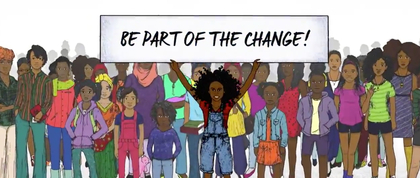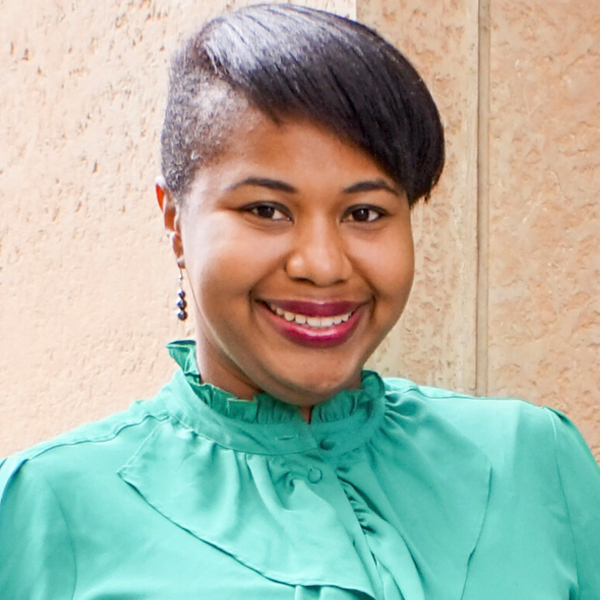
Source: End Adultification Bias by Georgetown Law
“I am a child!” was the cry and plea of a nine-year-old Black girl in Rochester, NY last Friday to the police officers who had restrained her, handcuffed her, and put her in the back of a police car. The whole experience was captured on police bodycam footage. Numerous Rochester police officers arrived on the scene to respond to “family trouble,” but the words and actions of law enforcement only served to enact and amplify trauma in the life of the girl and her family. Moments later, one officer said, “Just spray her at this point,” and another officer shook a can of pepper spray and sprayed the girl in the eyes while she screamed.
Nine-year-olds should experience joy, playtime, healthy development, engaged learning, and supportive relationships. However, research and observations show that Black girls are often not seen as girls and are not able to experience the full range of girlhood. Black girls experience what scholars note as “adultification bias,” where overwhelmingly in our society, adults believe that Black girls are less innocent, in need of less support, and in need of less protection than their same-age peers of other races. Such adultification bias can result in Black girls receiving harsher punishments and less care in educational, medical, and legal systems.
The footage from Rochester was heart-wrenching for me as a Black woman, a former Black girl myself, mother to a Black girl, advocate for Black girls, and a scholar of Black girl wellness. I am the proud faculty liaison for the GPH student-led Black Women’s Health Collective, which works to highlight the unique health experiences of Black girls and women.
Unfortunately, the incident in Rochester is eerily familiar. Black girls have repeatedly been violently assaulted by law enforcement across the country while in their homes, in their neighborhoods, and in their classrooms and schools. These incidents are part of a longer pattern of surveillance, law enforcement violence, and criminalization of Black girls and women in this country.
The past nine months have heightened the national and global consciousness toward the violence and racism that have been enacted by law enforcement for centuries. Those of us in public health have developed language, tools, and research to understand law enforcement violence as a public health issue.
At GPH this past September, we brought practitioners, activists, scholars, and those directly impacted by law enforcement violence together in a dialogue to discuss data and to imagine a way forward. I have personally been engaged in this work with GPH students, alumni, and community partners for the past two years, and every new incident further tears open a wound to reveal that we desperately need action beyond simply “police reform.”
The officers in Rochester, like their law enforcement peers around the country, have skills in de-escalation -- they just continue to choose not to use them, particularly when engaging Black people and other people of color. We urgently need to create, fund, and support non-police responses to mental health crises and transformative justice approaches and interventions.
We must commit to #LetBlackGirlsBeGirls, because as the leaders of the Combahee River Collective explained to us more than 40 years ago “…it would mean that everyone else would have to be free since our freedom would necessitate the destruction of all the systems of oppression.”

LeConté Dill, DrPH, MPH
Director of Public Health Practice;
Clinical Associate Professor of Social and Behavioral Sciences